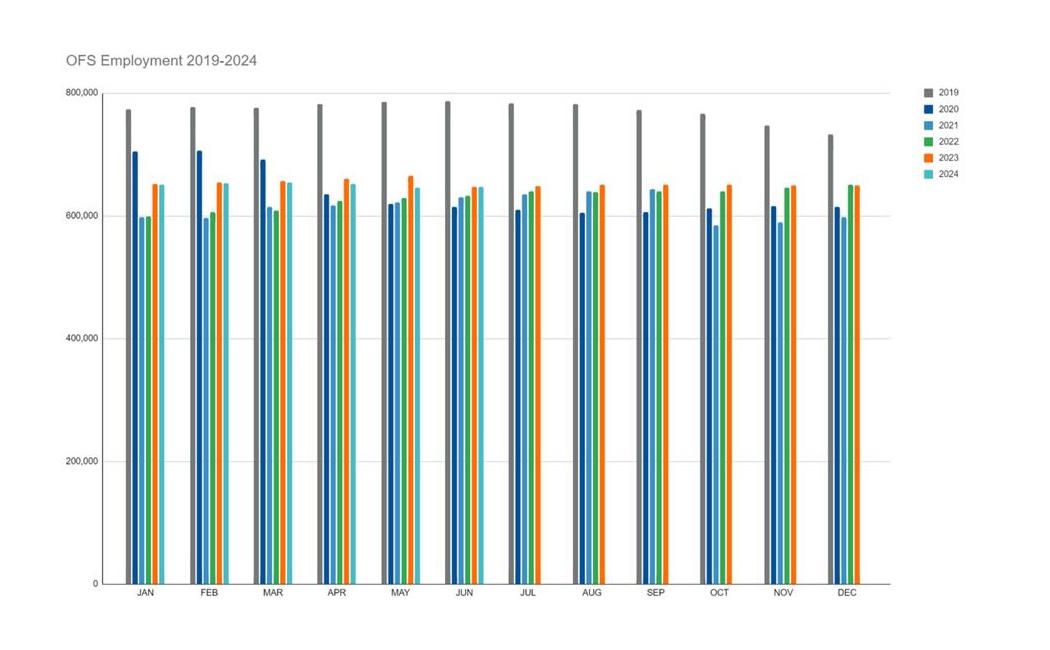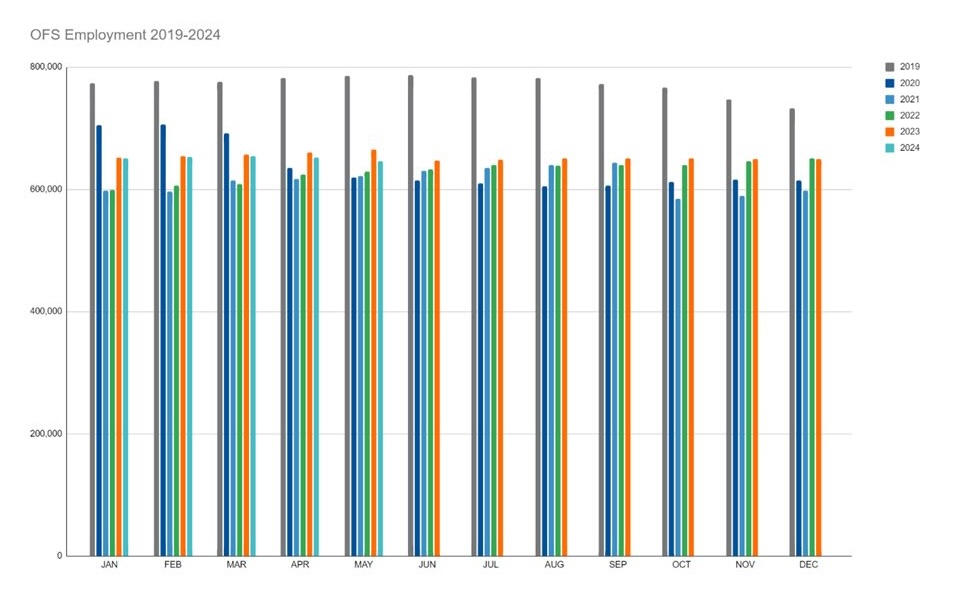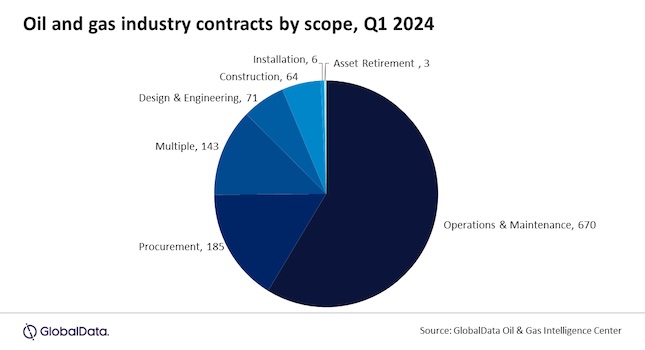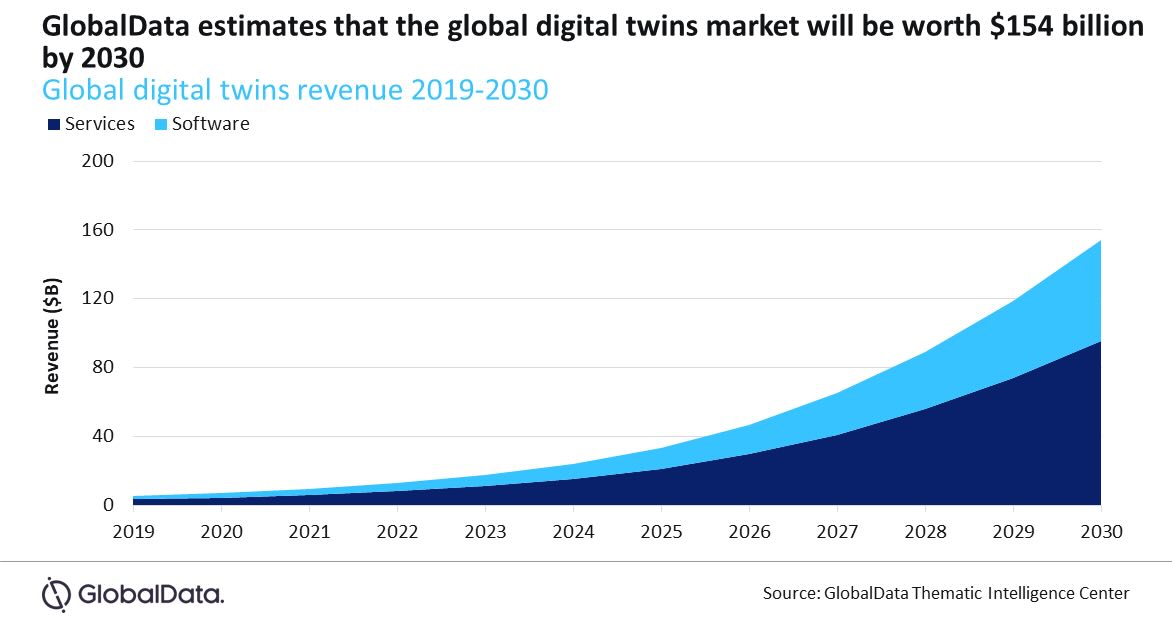Global oil and gas demand expected to grow through 2030 in spite of COVID-19's impact on economy, according to report.
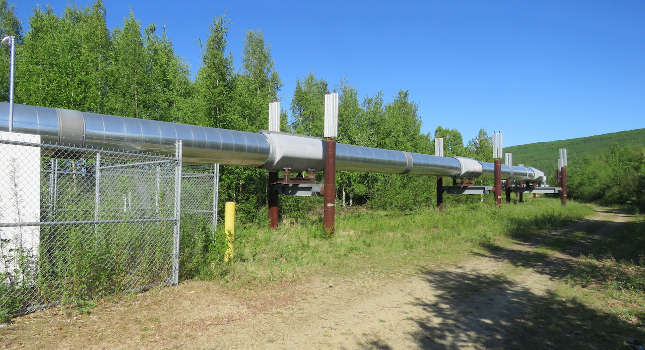
The COVID-19 pandemic has significantly affected both consumer and commercial transportation, but global oil demand will probably continue to grow through 2030, according to a new study.
Columbia University’s Center on Global Energy Policy and the University of California, Davis Institute of Transportation Studies studied four scenarios to understand how COVID-19 and other political, economic, social and technological drivers may impact transportation activity and global oil demand.
Forty-four leading energy and transportation experts developed the scenarios, which featured varying speeds of economic recovery, levels of government intervention in energy markets and endurance of mobility trends that started during pandemic lockdowns.
In three of the four scenarios, global oil demand continued to grow through 2030. Only under the final scenario – in which the pandemic’s disruptive impact to the global economy and mobility combined with strong government intervention to accelerate alternative technologies — did oil demand decline after 2025.
The report‘s lead authors are Marianne Kah and Lew Fulton, with Amy Myers Jaffe, Mark Schwartz and Mark Finley contributing. Finley, a fellow in energy and global oil at Rice University’s Baker Institute for Public Policy, is available to discuss the report and its findings with the news media.
“Among the changes that could create a lasting movement away from oil use is the sense of fragility COVID has created among populations in industrialized societies and the greater awareness of social and economic inequities worldwide,” according to the paper. “This new sense of vulnerability may be generating greater acceptance of government intervention into daily life, including policies that reduce greenhouse gas and air emissions. In this report’s scenarios, the biggest manifestation of these policy changes was in electrification of road transport fleets and the use of alternative fuels.”
Many climate-related policies were already in place around the world prior to COVID-19, and the pandemic has accelerated the adoption of additional measures. However, these interventions may not achieve their goal of reducing oil demand, according to the report.
“The study finds that while great uncertainty remains about the speed and strength of the world’s recovery from COVID, the current state of government climate policies and technology innovation are unlikely to reduce global oil demand fast enough to help the world keep within a 1.5° C temperature rise along the net zero carbon trajectory,” the authors wrote. “Both government climate policies and technology innovation would need to move well beyond what was contemplated in this study’s scenarios. This should be a wake-up call for policymakers.”
Finley said, “COVID and a rapid expansion of CO2-reduction pledges by governments and companies have created a cottage industry of analysts proclaiming the imminent decline in global oil demand. But these scenarios show just how much harder policymakers and technology will have to work to meet that aspiration.”
– Edited by Chris Vavra, web content manager, CFE Media and Technology, [email protected].
